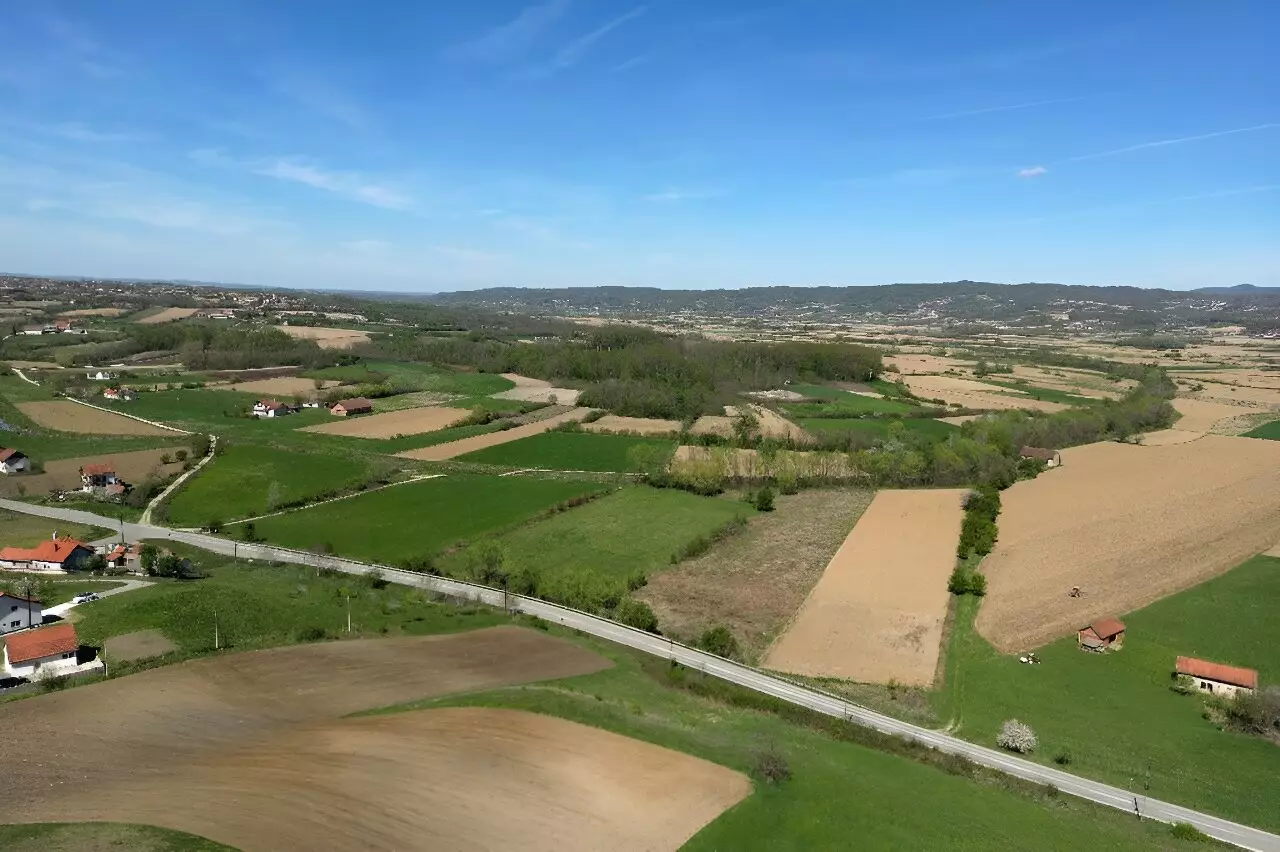Serbia has been at the center of a contentious debate surrounding the potential exploitation of lithium reserves in Jadar, western Serbia. The discovery of the deposits in 2004 sparked both excitement and concerns regarding the environmental and public health impacts of mining operations. After facing backlash and protests in 2022, the Serbian government decided to halt the project, citing the need for more transparency and assurance of adherence to environmental standards.
President Aleksandar Vucic recently announced that the project could resume as early as 2028, thanks to new commitments from Australian mining company Rio Tinto and the European Union. Rio Tinto claims that Jadar holds one of Europe’s largest lithium reserves, a valuable resource for the production of electric vehicle batteries. Vucic emphasized that both the mining company and the EU have provided additional guarantees regarding environmental compliance, which he believes will address previous concerns and pave the way for the project’s reopening.
If the Jadar mine becomes operational, it is projected to produce a significant amount of lithium, contributing to Europe’s electric vehicle production. Vucic estimates that the mine could yield 58,000 tonnes of lithium annually, supplying approximately 17 percent of electric vehicles in Europe or powering 1.1 million cars. This could not only benefit Serbia economically but also have a lasting impact on the region as a whole, positioning the country as a key player in the electric vehicle industry.
Critics of the project have raised valid concerns about transparency and environmental impacts, accusing Rio Tinto and Vucic of withholding important information and disregarding potential risks. However, Rio Tinto has refuted these claims, asserting that they have now released an environmental impact report to address these worries and demonstrate their commitment to safety and sustainability. The company has denounced what they call a “misinformation campaign” and emphasized the use of reliable technology to minimize any adverse effects on the environment or public health.
In September 2023, Serbia signed a letter of intent with the European Commission, signaling a strategic partnership in batteries and raw materials. This collaboration highlights the importance of ensuring sustainable practices in the mining and production of crucial resources like lithium. As Serbia navigates the complexities of the lithium mining project, it is essential for all stakeholders to prioritize transparency, environmental responsibility, and long-term sustainability to secure a prosperous and eco-friendly future for all.


Leave a Reply